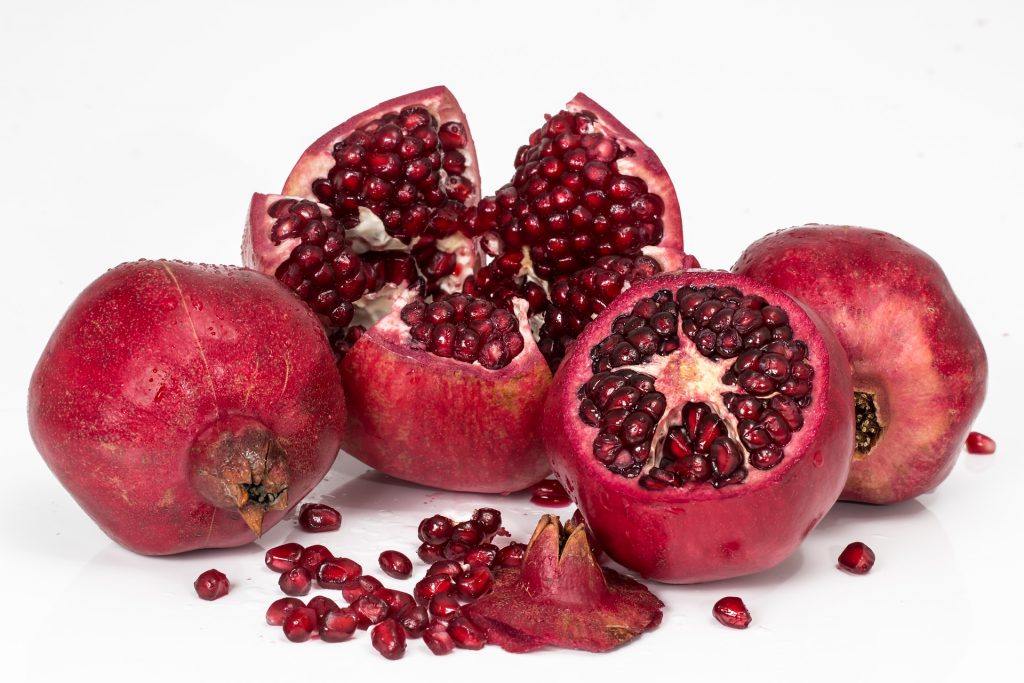 A high postprandial glycaemic response to foods is detrimental because it leads to the nutrient overload syndrome. Simplified, the nutrient overload syndrome is a situation whereby a high intakes of carbohydrate overwhelm the ability of cells to cope with the energy efficiently. This leads to activation of metabolic pathways to deal with the excess energy, and if these pathways are repeatedly activated disease may result. The nutrient overload syndrome may cause excessive free radical generation in cells and this may lead to insulin resistance and weight gain. If this process continues it is likely that type 2 diabetes will eventually develop. Healthy people therefore must limit the amount of carbohydrate that is presented to the cells with each meal, and this will allow them to more efficiently deal with the energy. Because of the problems with postprandial glycaemia a large amount of research has been performed to investigate foods and food components that can slow the rate of digestion and absorption of carbohydrate foods.
A high postprandial glycaemic response to foods is detrimental because it leads to the nutrient overload syndrome. Simplified, the nutrient overload syndrome is a situation whereby a high intakes of carbohydrate overwhelm the ability of cells to cope with the energy efficiently. This leads to activation of metabolic pathways to deal with the excess energy, and if these pathways are repeatedly activated disease may result. The nutrient overload syndrome may cause excessive free radical generation in cells and this may lead to insulin resistance and weight gain. If this process continues it is likely that type 2 diabetes will eventually develop. Healthy people therefore must limit the amount of carbohydrate that is presented to the cells with each meal, and this will allow them to more efficiently deal with the energy. Because of the problems with postprandial glycaemia a large amount of research has been performed to investigate foods and food components that can slow the rate of digestion and absorption of carbohydrate foods.
Polyphenols are one group of phytochemicals that may have beneficial effects on the rate of absorption of carbohydrate foods. Polyphenols have been shown to slow the rate of absorption of glucose following the ingestion of starch. For example, pomegranate polyphenols have been investigated for their ability to lower postprandial glycaemia. In one study subjects consumed bread with either pomegranate juice containing pomegranate polyphenols or a supplement of pomegranate polyphenols. The pomegranate juice was effective at lowering the postprandial response of the subject to the bread, indicating that the juice was effective at slowing the absorption of the glucose from the starch. In contrast, the supplement containing pomegranate polyphenols was not effective. In addition, the researchers noted that solutions containing malic acid and citric acid, to mimic the acidity of the pomegranate juice, were also ineffective at lowering postprandial glycaemia in the subjects, indicating that pH may not have been a factor.

Polyphenols may inhibit starch digesting enzymes and glucose transport proteins on enterocytes. These two factors may reduce the digestion and absorption rate of starch and glucose, respectively, when co-administered with high polyphenol foods.
The same group of researchers then investigated the effects of the pomegranate polyphenol punicalagin on the starch digesting enzyme alpha-amylase. The results of this experiment showed that punicalagin was able to significantly inhibit the activity of alpha-amylase in a comparable way to the known alpha-amylase inhibiting drug acarbose. Therefore one of the mechanisms by which pomegranate may provide beneficial glycaemic effects is through the inhibition of starch digesting enzymes. In addition, the researchers also showed that certain glucose transporters may be inhibited by punicalagin, thereby further slowing the absorption of glucose. This is not surprising as it is known that some polyphenols may be absorbed from the small intestine by sugar transporters, and this may relate to the fact that many polyphenols are bonded to sugars in plants, forming polyphenol glycosides. The authors suggested that the lack of effect of the supplement may be due to inefficient mixing of the supplement in the stomach.
Eat Well, Stay Healthy, Protect Yourself
RdB
